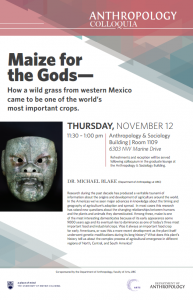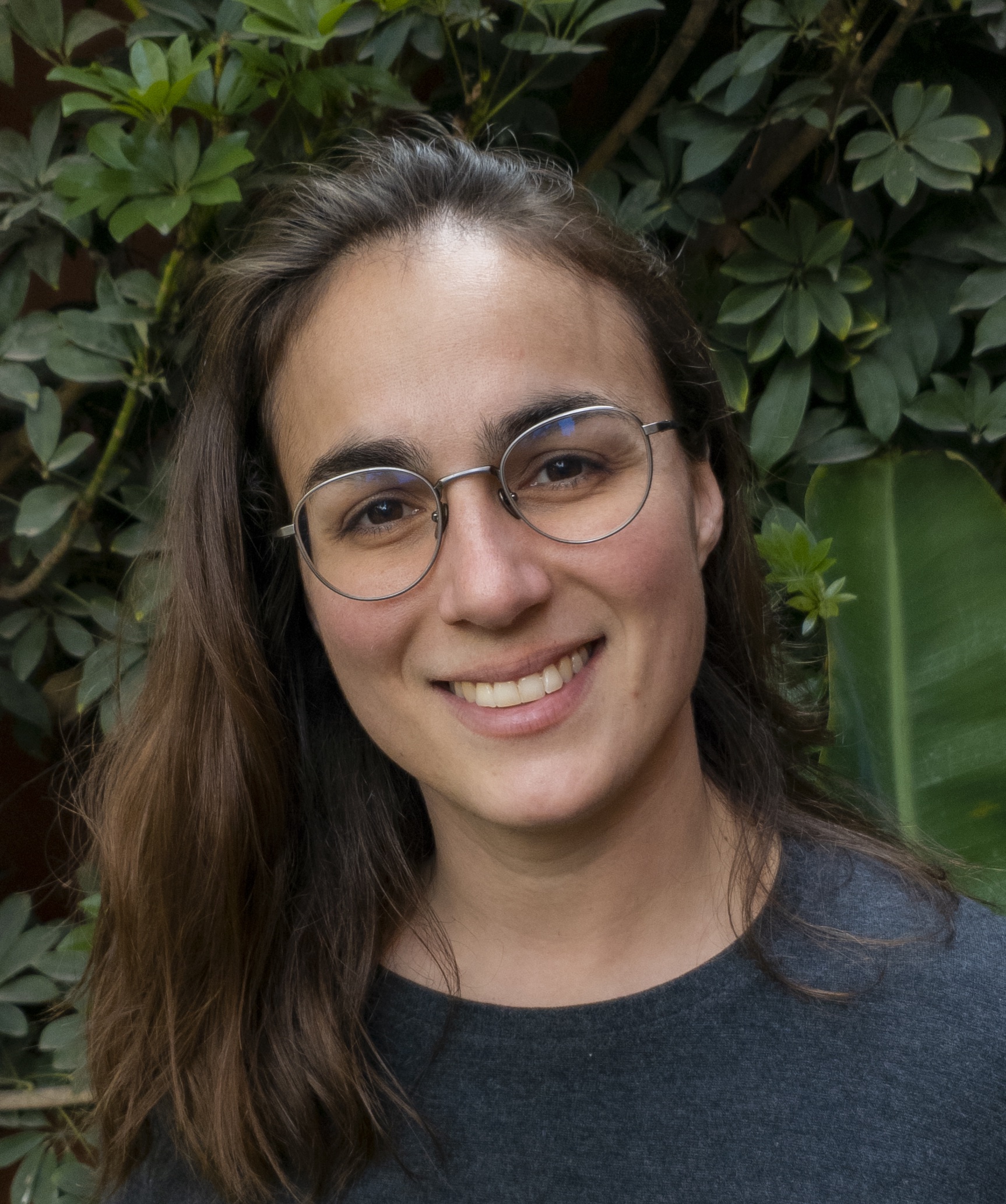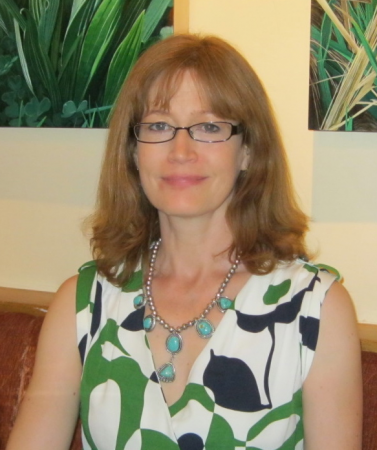Anthropology Colloquium is the department’s speaker series that invites a mixture of anthropologists from within and outside of UBC to present their research. This speaker series is scheduled throughout the academic year, typically with a lunch reception in the AnSo Lounge.
Maize for the Gods — How a wild grass from western Mexico came to be one of the world’s most important crops
Thursday, November 12 2015
Anthropology and Sociology Building (ANSO) 1109
11:30am-1pm
Event Poster: PDF
Dr. Michael Blake
Department of Anthropology at UBC
Abstract
Research during the past decade has produced a veritable tsunami of information about the origins and development of agriculture around the world. In the Americas we’ve seen major advances in knowledge about the timing and geography of agriculture’s adoption and spread. In most cases this research has raised new questions about the changing relationships between humans and the plants and animals they domesticated. Among these, maize is one of the most interesting domesticates because of its early appearance some 9000 years ago and its eventual rise to dominance as one of today’s three most important food and industrial crops. Was it always an important food crop for early Americans, or was this a more recent development as the plant itself underwent genetic modifications during its long history? What does this plant’s history tell us about the complex process of agricultural emergence in different regions of North, Central, and South America?



